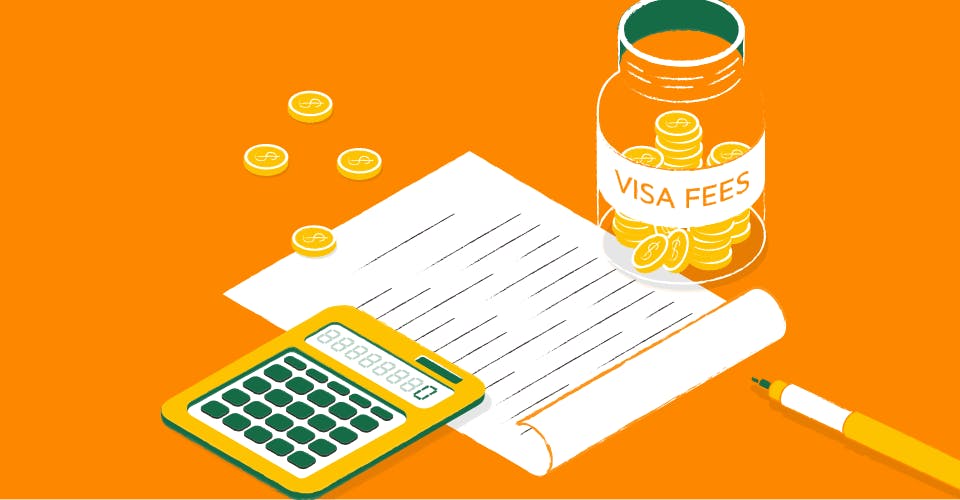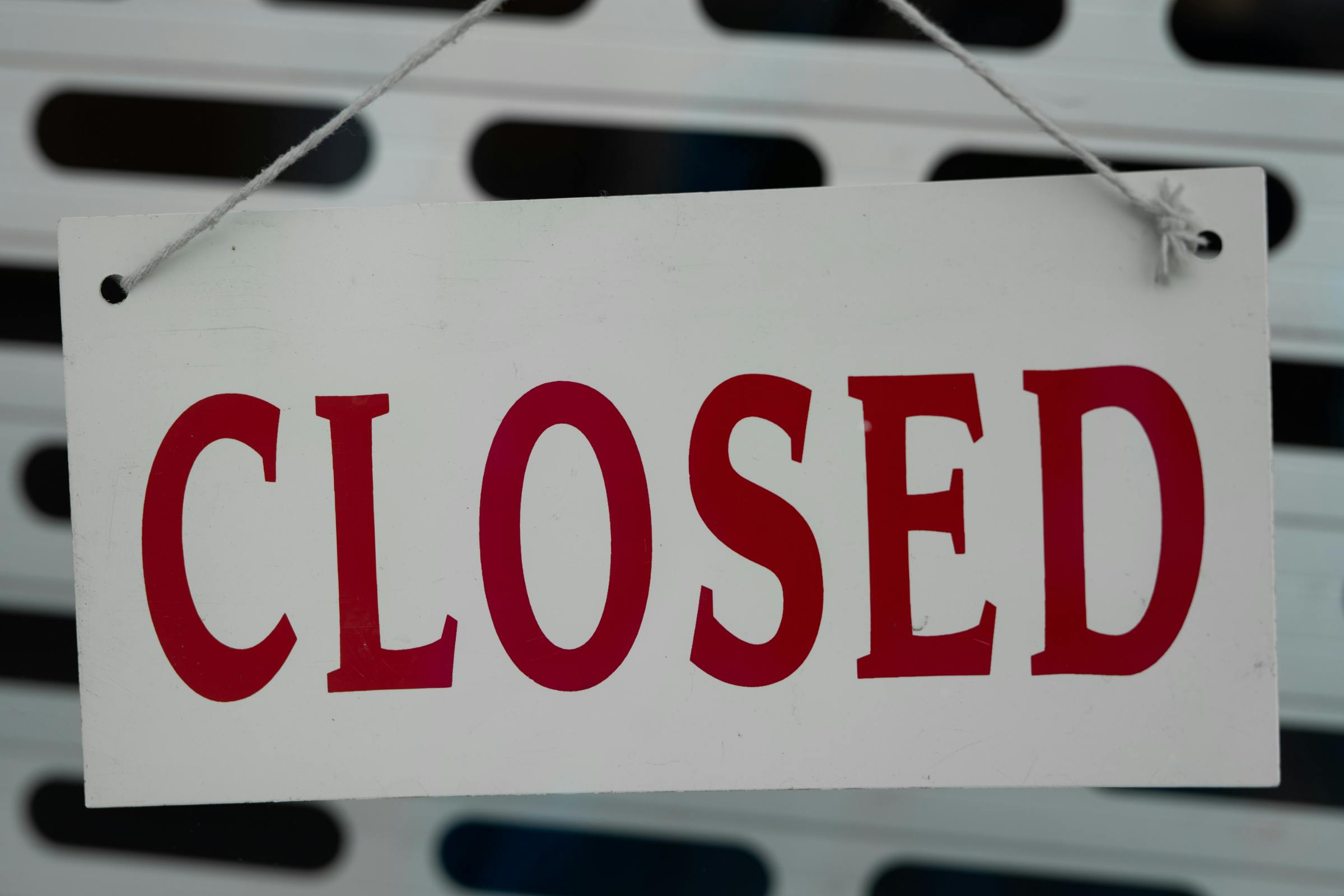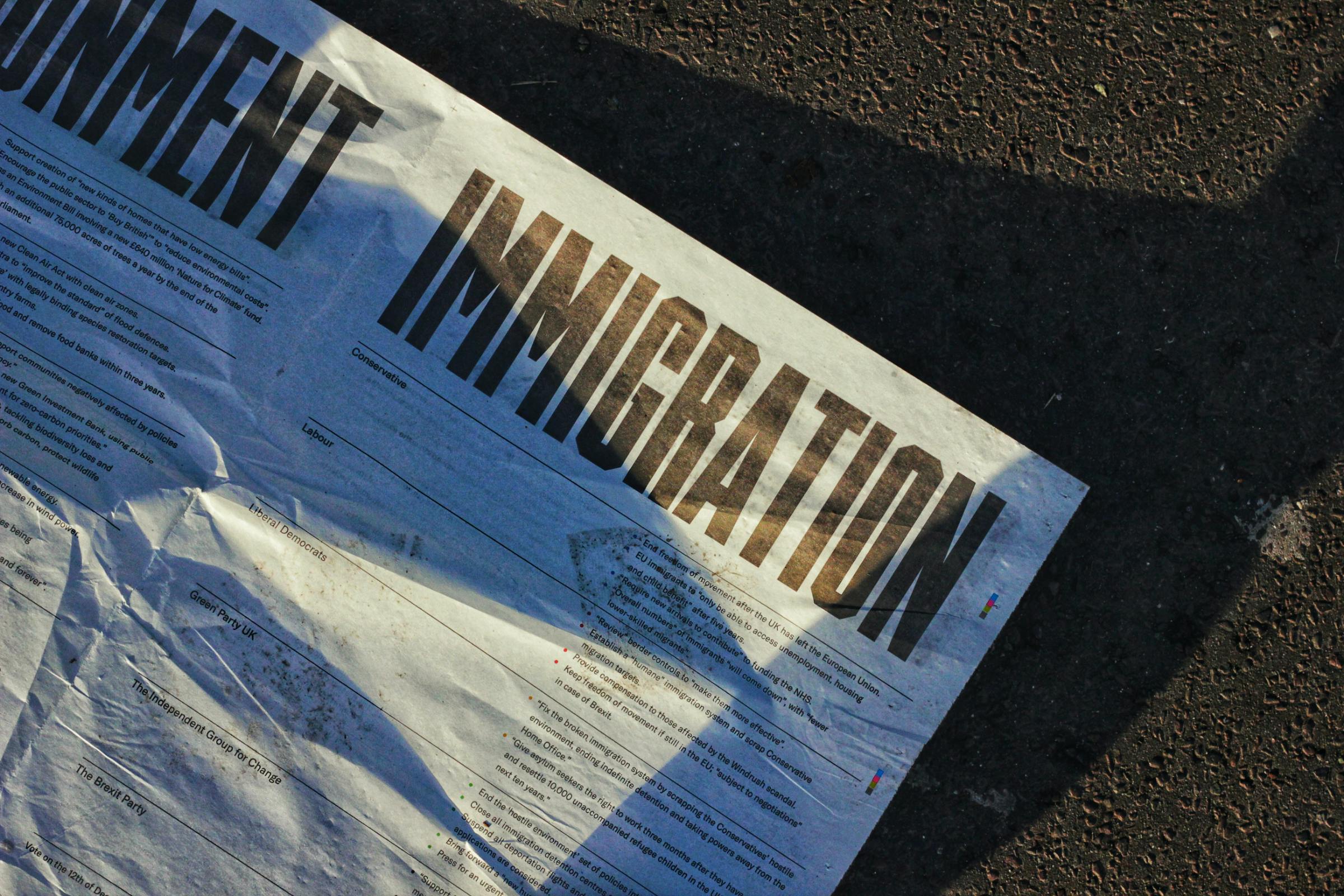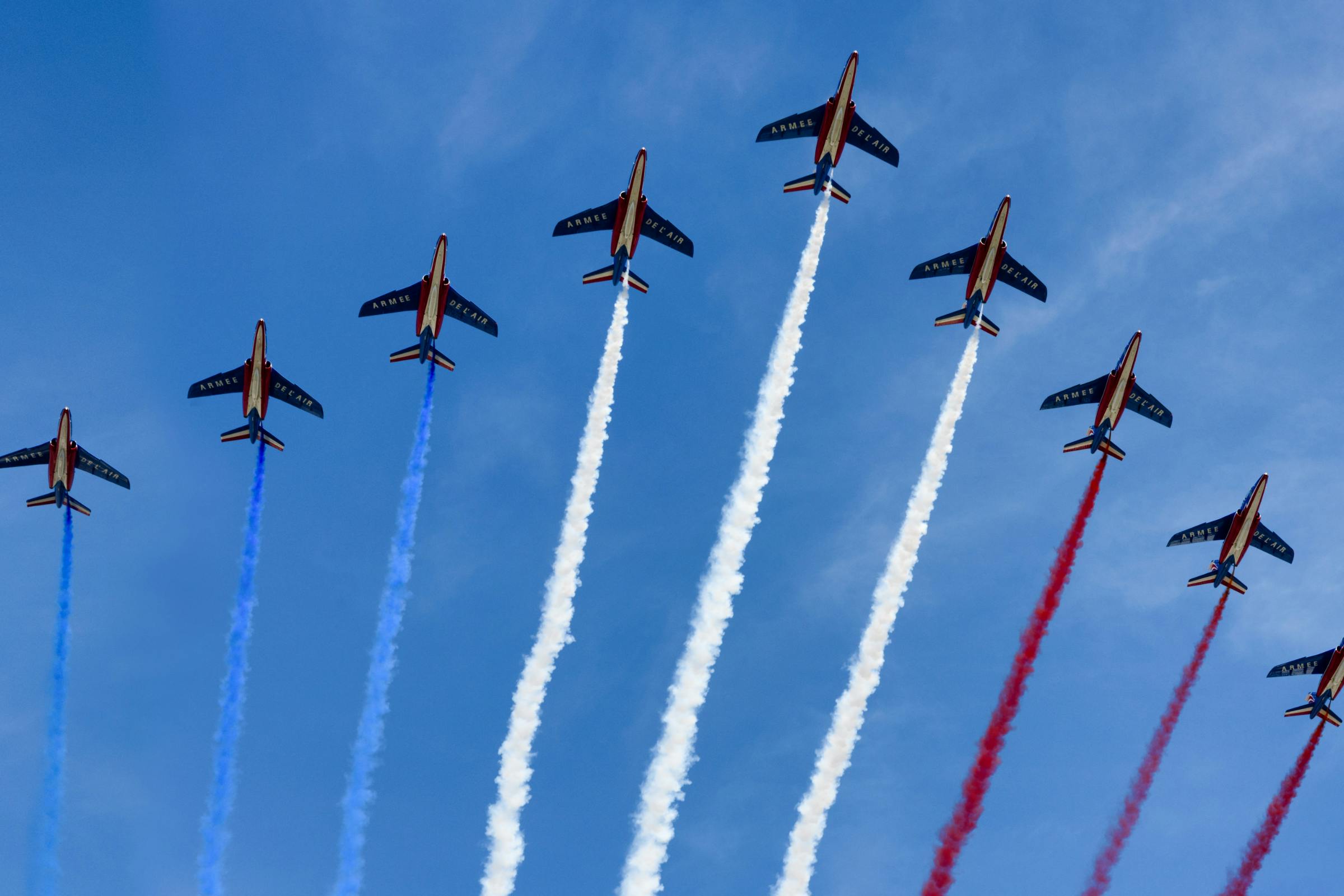The State Department has issued a new proposed rule on the Federal Registrar. Through posting the proposed changes the Department wishes to makes for various immigration applicants, the agency invites comments on the proposal up until February 28th, 2022. At this time, the DOS is conducting an assessment to see what fees will need to be implemented in 2022. In accordance with any new policy for adjusting fees, the Department typically sets consular fees at a precise amount calculated to achieve full recovery of the costs to the U.S. government that provides the service. This includes processing background checks, for example, as well as consular officer payment schedules. Covid-19, which is expected to continue for at least the next few years, also demands more resources and staffing to deal with, and therefore raising non-immigrant visa fees is one way to make up for the increased Department expenditures.[1]
Proposed Changes
The State Department notes that non-petition based non-immigrant visa fees (NIVs) such as the B1/B2 tourist or business visas, as well as student and exchange visitor visas (F, M, and J) will see an increase. The proposed fee raise for filing this initial application will go from the current $160 to $245 per application.
In addition, the Department also plans on raising petition-based employment NIVs. This includes the following types of visas:
- H visa applicants. For example, those filing for an H2-B visa to come to the United States to work seasonally, or an H1-B applicant with specialized knowledge in a subject area.
- L and O visa types. The L-1 visa is reserved for individuals coming to the United States as intra-company transferees. The O-1 visa is for individuals with extraordinary ability, such as a professional athlete.
- Religious workers. Those coming to the U.S. to work in temporarily in a religious denomination.
All of these visa types require approved petitions from the USCIS. The Department plans on raising employment based NIV applications from the current $190 to $310. Note that this is a separate increase and not the same as the USCIS petition fee.
J Waiver Fee Increase
In addition, the Department has also proposed raise the J-waiver fee. Certain J-1 visa holders (exchange students studying in the U.S.) are subject to what is called the “two year residency requirement”, which we have previously covered on the blog. Basically, because of the non-immigrant category, these exchange students need to apply for a waiver in order to remain in the U.S. after graduating or receiving their Masters degree. Filing for a J-1 waiver currently costs $120, however the proposed increase from the DOS is $520.
In order to see the full notice that has been published on the Federal Registrar, please see the following link: https://www.federalregister.gov/documents/2021/12/29/2021-28010/schedule-of-fees-for-consular-services-nonimmigrant-and-special-visa-fees.














